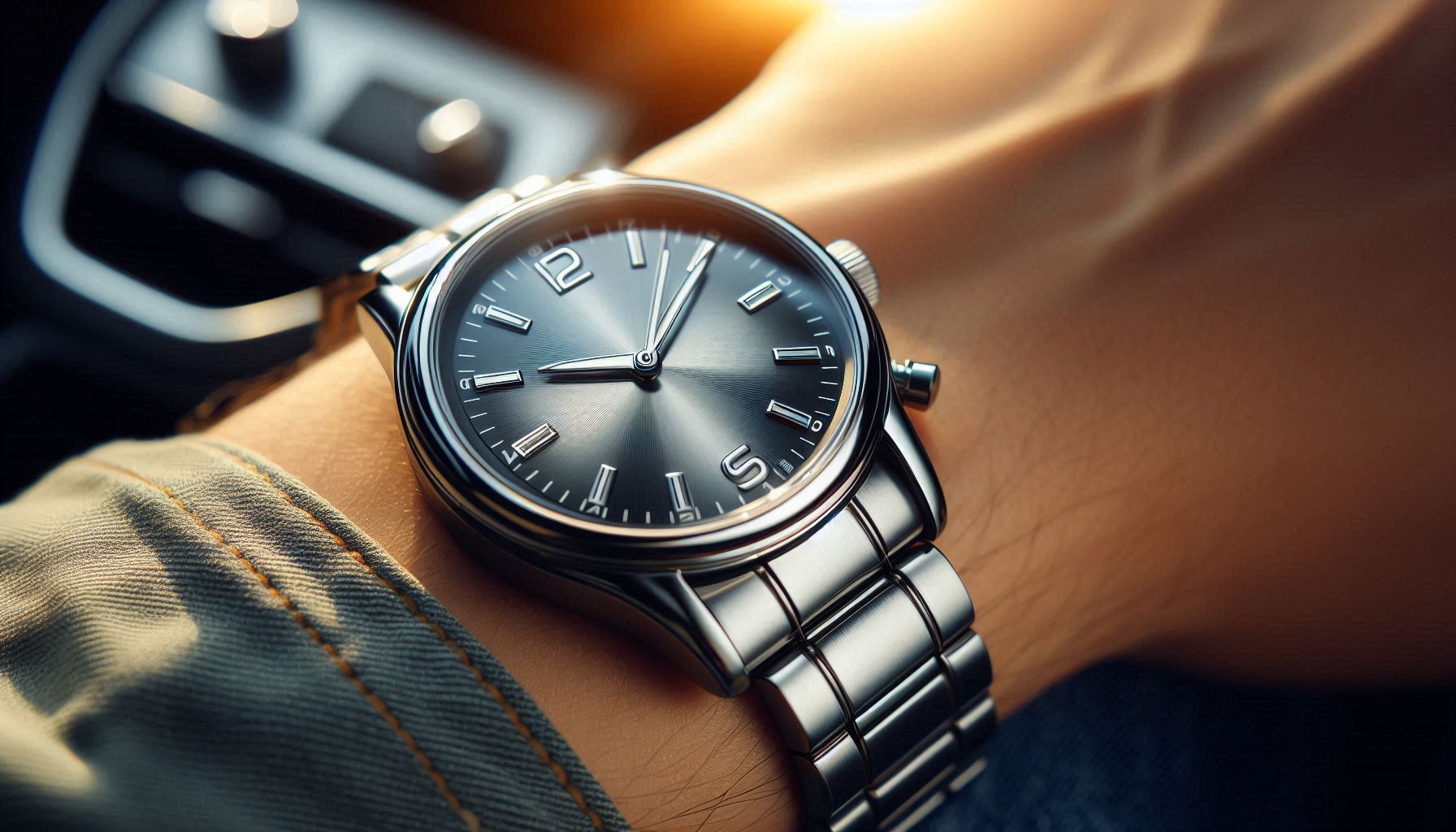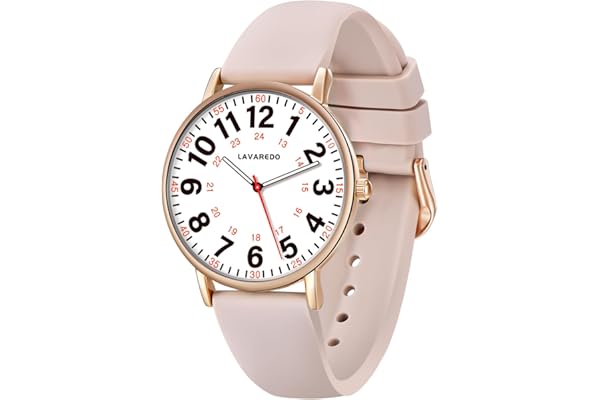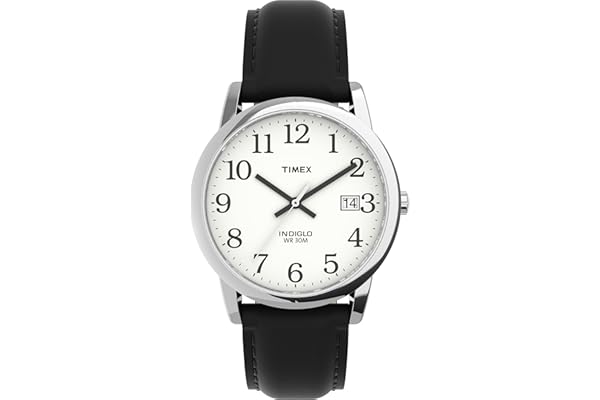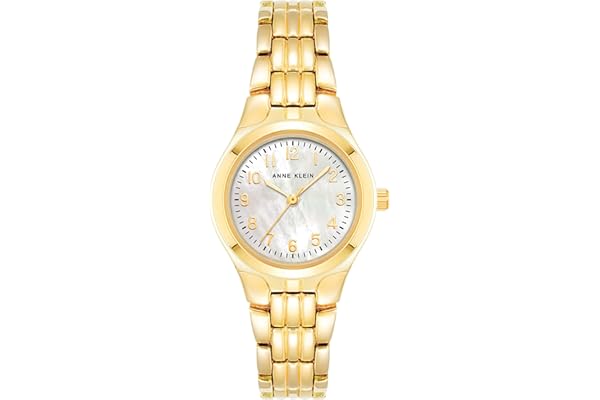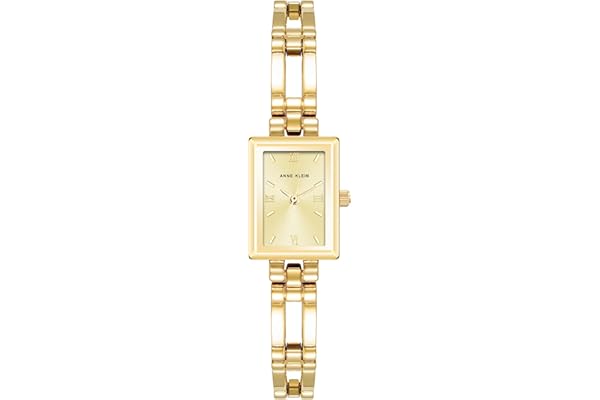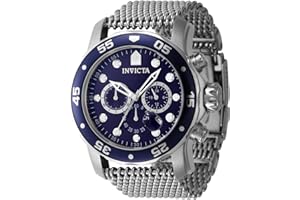Why Do Automatic Watches Stop?
Contents
Understanding the Mechanics of Automatic Watches
Automatic watches, also known as self-winding watches, are marvels of mechanical engineering. Unlike their quartz counterparts, which rely on a battery for power, automatic watches harness the energy from the natural motion of the wearer’s wrist. This is achieved through a rotor, a semi-circular piece of metal that moves with the wearer’s movements, winding the mainspring of the watch. As long as the watch is worn regularly, it should theoretically keep running indefinitely. However, even the most meticulously crafted automatic watches can stop, and understanding the reasons why can help in maintaining their functionality.
The primary reason an automatic watch stops is inactivity. When not worn for an extended period, the rotor does not move, and the mainspring loses its tension, causing the watch to stop. Typically, an automatic watch has a power reserve of about 24 to 48 hours, which means it can continue running for that duration even when not worn. If you plan to not wear your watch for a few days, it’s advisable to wind it manually to keep it running.
Another reason for a watch to stop is the lack of proper winding. While automatic watches are designed to wind themselves, they still require a minimum amount of movement to do so. A sedentary lifestyle or wearing the watch too loosely can result in insufficient winding. To counter this, it’s good practice to occasionally wind your automatic watch manually, especially if you notice it slowing down.
The Impact of Dirt and Dust on Watch Movement
Automatic watches are intricate devices with numerous moving parts that can be sensitive to external elements such as dirt and dust. Over time, these particles can infiltrate the watch case and interfere with the movement, potentially causing the watch to stop. This is especially true for watches that are not water-resistant or those with compromised seals.
Regular cleaning and maintenance are crucial to prevent dirt and dust from affecting the watch’s movement. Most experts recommend having your watch professionally serviced every three to five years. This involves disassembling the watch, cleaning each component, and reapplying lubricants to ensure smooth operation. Not only does this help in keeping the watch running, but it also extends its lifespan significantly.
In addition to professional servicing, you can also take everyday precautions to protect your watch. Keeping it away from dusty environments, storing it in a protective case, and wiping it with a soft cloth can all contribute to maintaining its condition. For those who wear their watches daily, investing in a quality watch case or box with a dust cover can be a wise decision.
Magnetic Fields: An Invisible Threat
Magnetic fields are an often overlooked but significant threat to the operation of automatic watches. The delicate balance of the movement can be disrupted by exposure to strong magnetic fields, which are present in many common household items such as speakers, refrigerators, and even some electronic devices. This can cause the watch to run fast, slow, or stop altogether.
Some modern automatic watches are designed with anti-magnetic properties, using materials that resist magnetization. However, not all watches have this feature, so it’s important to be mindful of where you place your watch. If you suspect that your watch has been magnetized, a professional watchmaker can demagnetize it, restoring it to its proper function.
To prevent magnetization, avoid placing your watch near devices that emit strong magnetic fields. If you frequently work in environments with high magnetic exposure, consider investing in a watch specifically designed to resist such conditions. Brands like Omega and Rolex offer models with advanced anti-magnetic technology.
Mechanical Wear and Tear: The Need for Regular Servicing
Like any mechanical device, automatic watches are subject to wear and tear over time. The constant movement of gears, springs, and other components can lead to gradual degradation, affecting the watch’s accuracy and functionality. This is why regular servicing is essential to keep an automatic watch in top condition.
During a service, a watchmaker will inspect the watch for signs of wear, replace any worn-out parts, and ensure that all components are properly lubricated. This process not only addresses existing issues but also prevents potential problems from arising. The cost of servicing varies depending on the complexity of the watch, but it is a worthwhile investment to preserve its value and performance.
It’s important to note that not all watch issues require a full service. Sometimes, simple adjustments or part replacements can resolve minor problems. However, for significant issues, such as a watch that consistently stops or loses time, a comprehensive service is recommended.
Environmental Factors and Their Effects
Environmental factors such as temperature and humidity can also affect the performance of automatic watches. Extreme temperatures can cause the lubricants inside the watch to thicken or thin, impacting the movement’s efficiency. Similarly, high humidity can lead to condensation inside the watch, especially if the seals are not intact, potentially causing rust and other damage.
To mitigate these effects, it’s advisable to store your watch in a controlled environment when not in use. Using a watch winder with a dehumidifying feature can help maintain optimal conditions. Additionally, avoid exposing your watch to rapid temperature changes, such as moving from a hot outdoor environment to an air-conditioned room.
In conclusion, while automatic watches are designed for durability and precision, they are still susceptible to various factors that can cause them to stop. Understanding these factors and taking proactive measures can help ensure that your watch continues to run smoothly for years to come. Regular maintenance, mindful handling, and awareness of environmental conditions are key to preserving the functionality and longevity of your automatic watch.
